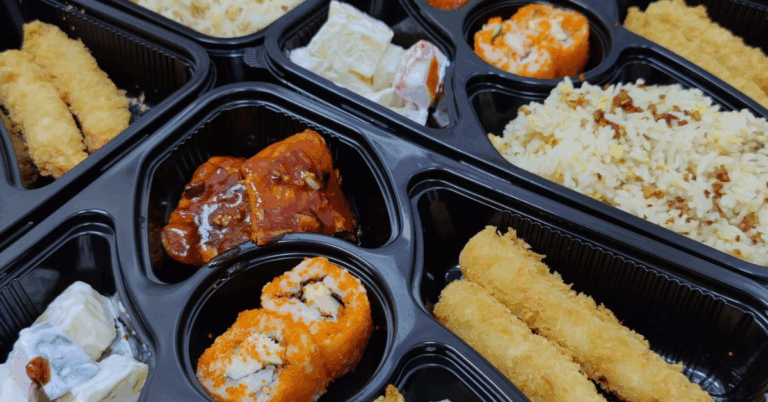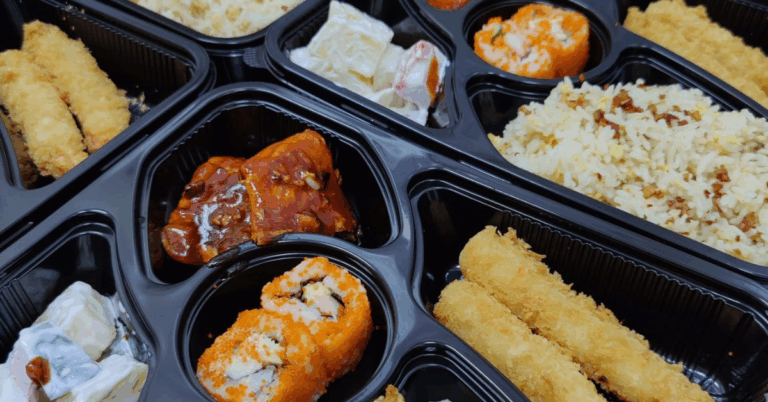Food Industry’s Contribution to Sustainable Development Goals: Case Studies and Best Practices
The food industry faces numerous obstacles in its quest to align with sustainable development goals. The primary challenge lies in balancing the demand for increased food production with preserving the environment. This delicate equilibrium requires a shift towards more environmentally friendly agricultural practices while ensuring food security and economic viability. Moreover, issues such as water scarcity, climate change, and loss of biodiversity further complicate the industry’s efforts to achieve sustainability.
Another significant challenge for the food industry is reducing food waste throughout the supply chain. From production to consumption, a staggering amount of food is wasted annually, contributing to environmental degradation and resource depletion. Changing consumer behaviors and implementing efficient distribution systems are crucial steps towards minimizing food waste and enhancing the industry’s sustainability credentials. Addressing these challenges requires a comprehensive approach that integrates environmental, social, and economic considerations into the core of food production and consumption practices.
Innovative Strategies Implemented by Food Companies to Promote Sustainability
Food companies have been exploring diverse ways to promote sustainability in their operations. One common strategy is the adoption of environmentally friendly packaging materials. Companies are moving away from single-use plastics and opting for biodegradable or recyclable packaging options to reduce their environmental impact.
Another innovative approach involves investing in renewable energy sources to power production facilities. By harnessing solar, wind, or hydroelectric power, food companies can significantly reduce their carbon footprint and contribute to a more sustainable future. This shift towards clean energy not only benefits the environment but also helps companies cut down on energy costs in the long run.
Impact of Food Industry Practices on Environmental Conservation
The food industry plays a significant role in the ongoing battle to conserve the environment. However, its practices have often been criticized for their negative impact, ranging from deforestation for agriculture to water pollution from excessive use of fertilizers and pesticides. These activities have contributed to the degradation of ecosystems, loss of biodiversity, and climate change.
Despite these challenges, there have been commendable efforts within the food industry to adopt more environmentally friendly practices. Companies are increasingly embracing sustainable sourcing of ingredients, reducing food waste through innovative packaging and distribution methods, and investing in renewable energy sources to minimize their carbon footprint. By taking such measures, food companies are not only working towards environmental conservation but also setting a precedent for others to follow suit.
What are some of the challenges faced by the food industry in achieving sustainable development goals?
Some challenges faced by the food industry include resource depletion, pollution from agricultural practices, and food waste.
What innovative strategies have food companies implemented to promote sustainability?
Food companies have implemented strategies such as sourcing locally, reducing packaging waste, and investing in renewable energy.
How do the practices of the food industry impact environmental conservation?
The practices of the food industry can impact environmental conservation through deforestation, greenhouse gas emissions, and water pollution.
What can consumers do to support environmental conservation in the food industry?
Consumers can support environmental conservation by choosing sustainably sourced products, reducing food waste, and advocating for eco-friendly practices.







